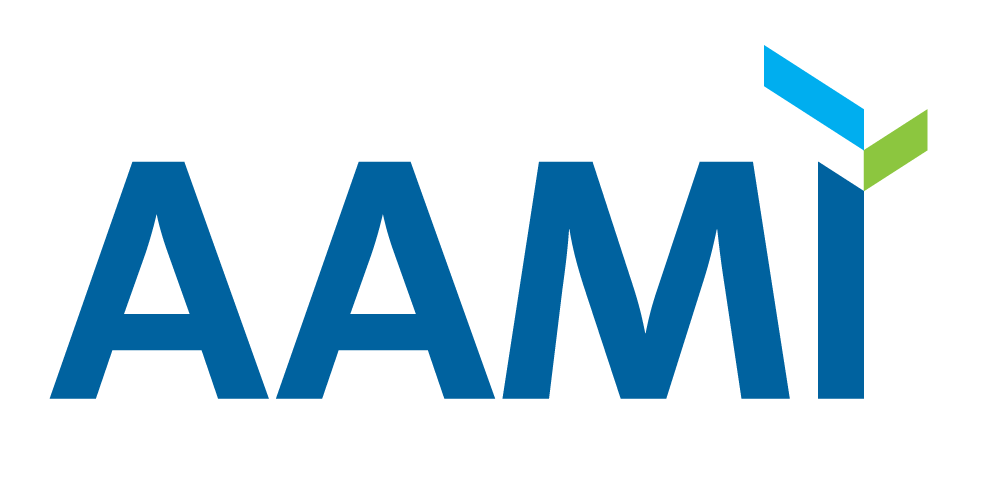Human Factors
Is your device made with people in mind? Our human factors courses include FDA regulatory requirements as well as the process of applying human factors in the design of a medical device.
Featured Courses

Human Factors
Human Factors for Combination Products
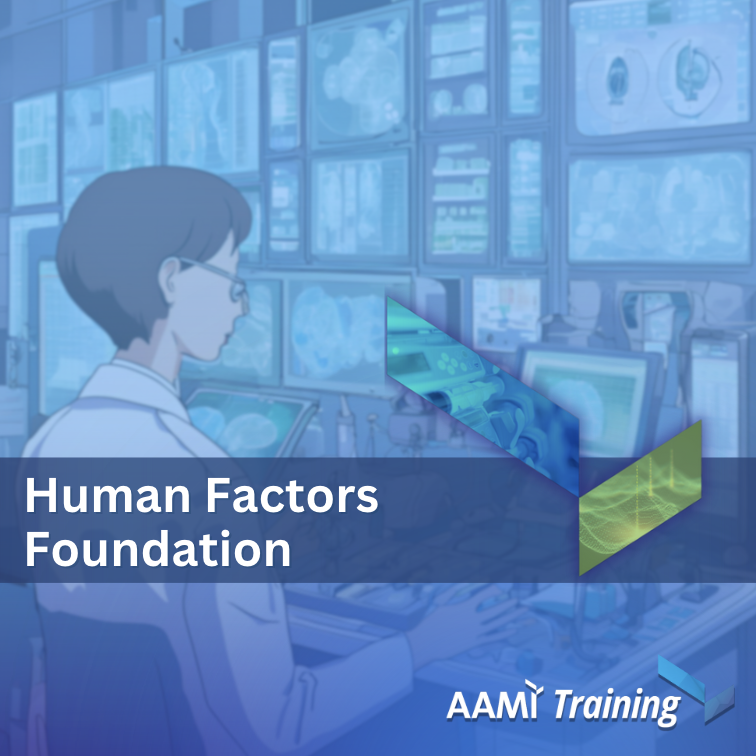
Human Factors
Human Factors Foundation
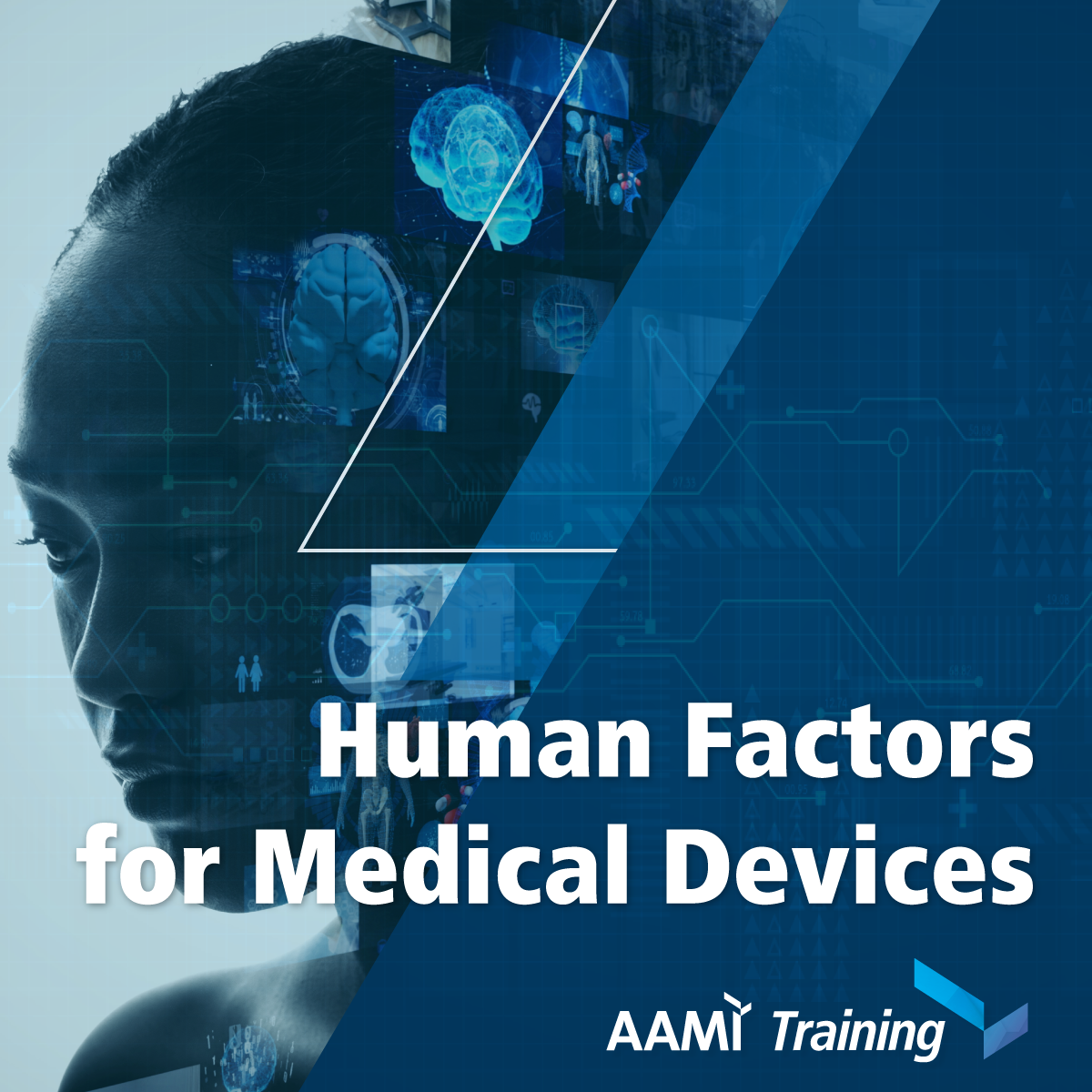
Human Factors
Human Factors for Medical Devices
Faculty

QuynhNhu Nguyen, MS
With over 17 years of experience in both consulting and FDA regulatory review evaluations, QuynhNhu Nguyen is the Director of Human Factors and Regulatory Strategy (HURAS) at Kymanox.
QuynhNhu has over 15 years of FDA regulatory science and evaluation experience with human factors, medication errors, and product design and development, reviewing 900+ medical products (devices, drugs, biologics, and combination products) that covered all therapeutic areas from various phases starting with investigational product applications to marketing applications to post approval supplements.
QuynhNhu has about 2 years of HF regulatory consulting with Kymanox and has supported 45+ projects serving small, medium, and large pharmaceutical companies in ensuring comprehensive HF program executions with data-driven regulatory strategies and “Right First Time” submissions.
QuynhNhu earned a Master of Science Degree in Systems Engineering from Johns Hopkins University and a Bachelor’s degree in Biomedical Engineering from George Washington University.
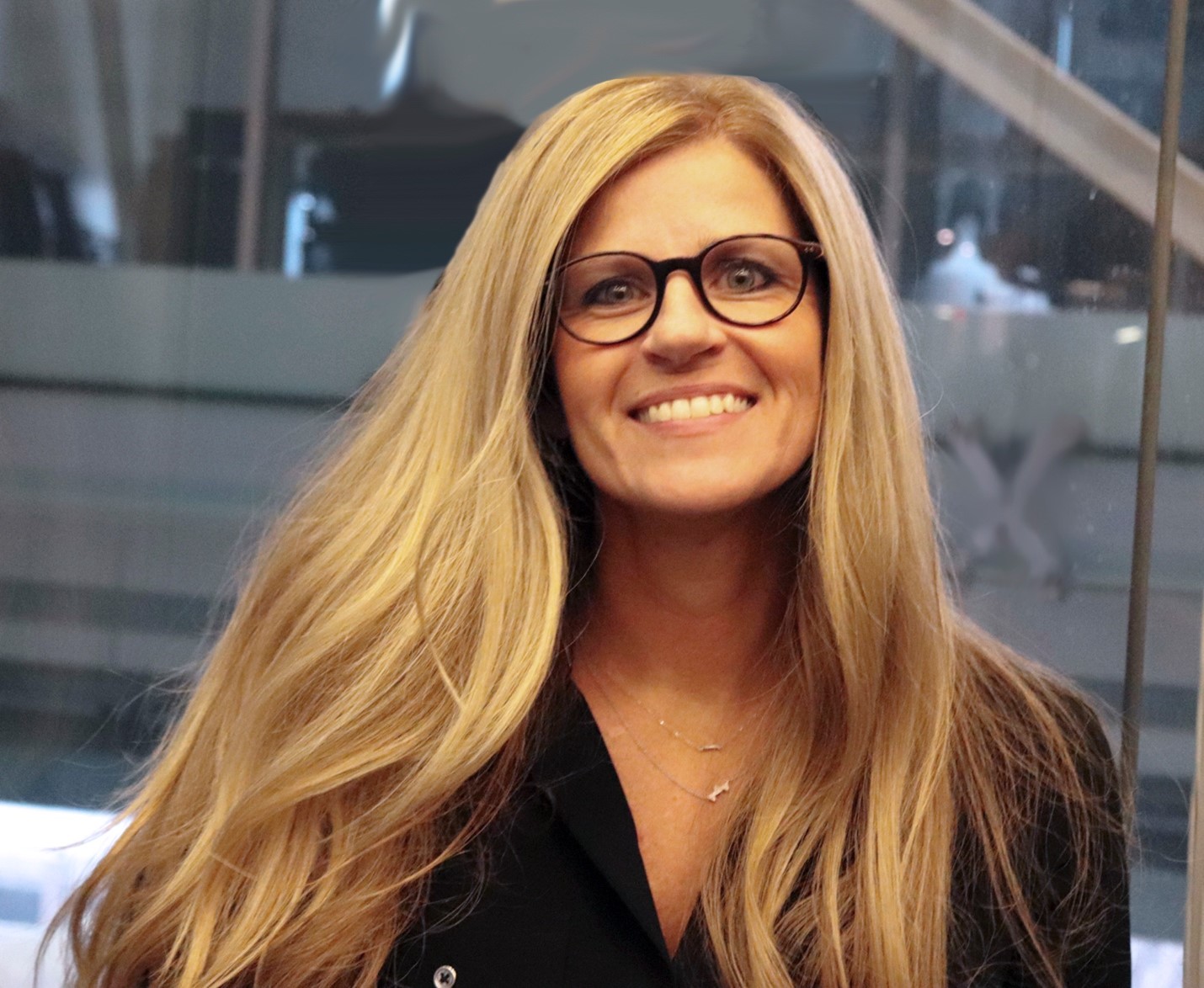
MaryBeth Privitera
Dr. Mary Beth Privitera, M.Design, FIDSA, is internationally known as an expert in medical product design, specifically in the area of applied human factors. She is a Professor at the University of Cincinnati’s Department of Biomedical Engineering and works collaboratively among the Colleges of Medicine, Engineering and Design. She is a consultant to the medical device industry with expertise in user interaction design and human factors. Additionally, she serves as faculty and co-chair of the Association for the Advancement of Medical Instrumentation’s Human Engineering Committee.
As a Professor at the University of Cincinnati’s Department of Biomedical Engineering, she is a Co-Founder of the Medical Device Innovation and Entrepreneurship Program. Her previous academic appointments include industrial design and in the Department of Emergency Medicine.
She has worked on devices which are intended for use across the practice of medicine and in home health situations. Her current research focuses on applied ergonomics and design interpretation. She has conducted contextual inquiry studies throughout the hospital with results intended to inform the design of devices, including physiologic monitoring and clinical decision making, software-based tools including intraprocedural augmented reality. In addition, she currently has had research funding supported by the Gates Foundation and US FDA CDER Division. She is a Fulbright Scholar in collaboration with the University of Nottingham.
She has authored several peer reviewed articles and a books titled “Contextual Inquiry for Medical Device Design,” promoting best practices for phase zero medical device development. Her 2nd book, edited and written in collaboration with AAMI Human Factors faculty is titled “Applied Human Factors in Medical Device Design.” This book aims at bringing all references and best practices together in one resource compendium.

Rita Lin, MS, RAC
Rita has effectively managed medical device designs from concept to commercialization. She applies her technical and regulatory backgrounds to coordinate teams across multiple disciplines and departments. Rita has successfully led efforts to develop new digital health products while at Vigor Health, execute design modifications on spine devices while at Stryker, and help clear and approve hundreds of medical devices and combination products while at the FDA.
During her career, Rita has earned several certifications and awards, including the Stryker Innovation award, FDA Quarterly awards, Six Sigma Green Belt, and RAC. She is also expert faculty for the AAMI Human Factors for Medical Devices and 510k/De Novo training courses, and is a recurring speaker for the Human Factors and Ergonomics Society and Clemson University College of Engineering.
Rita graduated from Duke University with a Bachelor’s and Master’s degree in Biomedical Engineering.

Edmond W Israelski
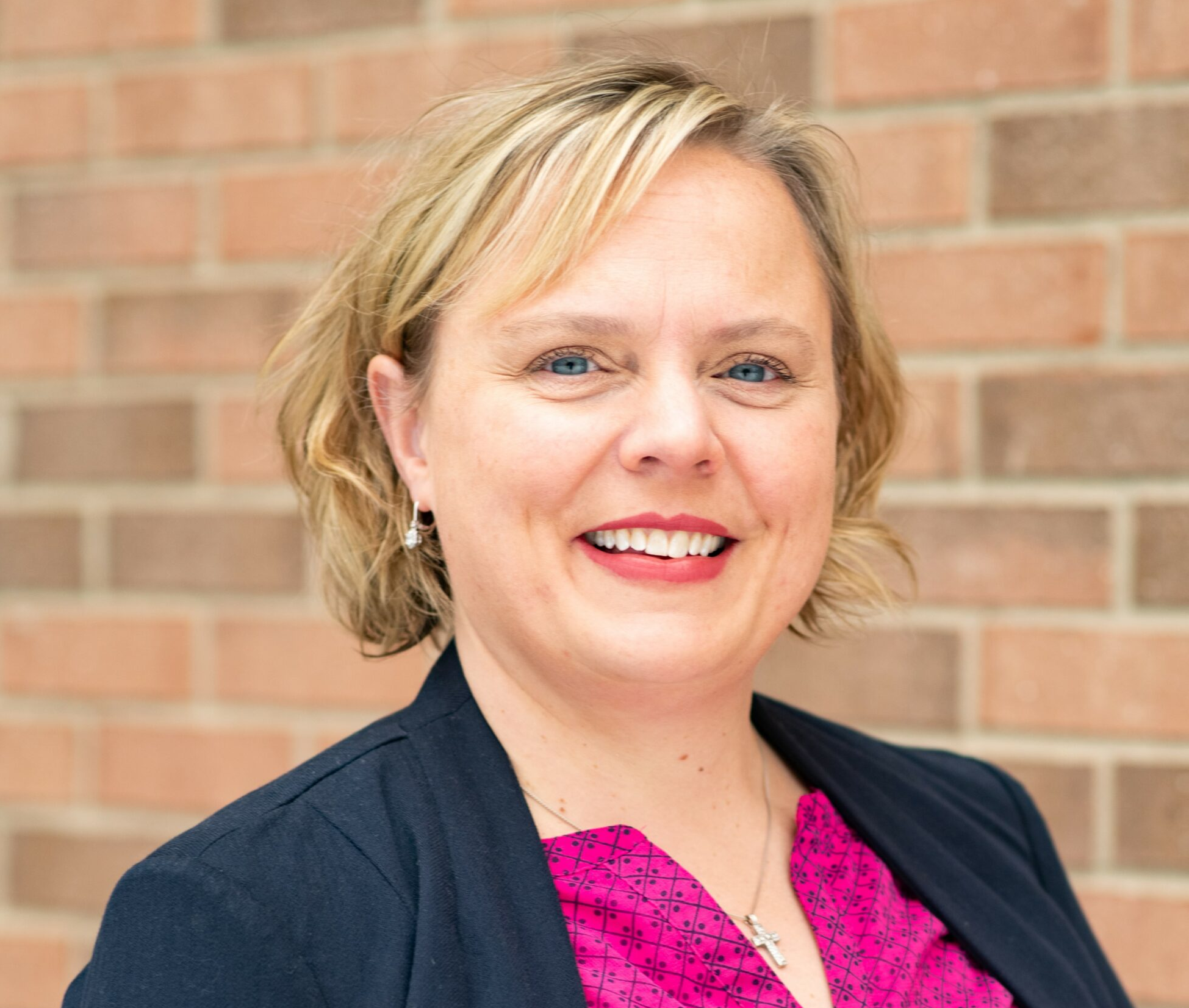
Melissa Lemke
Melissa Lemke is the founder and Principal Human Factors Engineering and Accessibility Advisor with Human Ability Designs, a human factors consultancy that supports client organizations in achieving human factors regulatory success and meeting user interface optimization goals throughout the pre-market and post-market design process. Melissa is dedicated to helping clients develop and bring to market medical products that are safe, effective, and usable for people of all abilities through applying sound human factors engineering strategies and methods.
Melissa is a Biomedical Engineer with over 20 years of experience designing successful human factors regulatory strategies, leading cross functional teams, and executing human factors analyses of medical devices, combination products, training and labeling. She also is a lay caregiver for her brother with spinal cord injury.
Formerly, Melissa built and managed the human factors services of Agilis Consulting Group, managed the Accessibility and Usability Testing Laboratory at Marquette University, and was a researcher and instructor with the University of Wisconsin at Milwaukee.
Melissa is an active member of the Human Factors and Ergonomics Society (HFES) as well as the Association for the Advancement of Medical Instrumentation (AAMI). She serves on AAMI’s Human Factors Engineering and Home Care and EMS Environments Committees. She is a contributing author to the original HE75: Human Factors Engineering - Design of Medical Devices, including lead co-author of the accessibility considerations section. More recently, Melissa led the committee updates of the revised HE75 for the sections on Accessibility and Devices Used in Non-clinical Environments by Laypersons and contributed to human factors industry publications including, Applied Human Factors in Medical Device Design (2019) and Development of Biopharmaceutical Drug-Device Products (2020).
-square790d0413-9c18-4d5a-9a29-d121a407232e.jpg?sfvrsn=8c40b99e_1)
Tressa J Daniels
9fde33c9-5ef6-4ae8-80e1-71ca135317c6.jpg?sfvrsn=f5985d2_3)
Merrick Kossack
Merrick Kossack serves as a Research Director for Emergo by UL’s Human Factors Research & Design (HFR&D) team. For over 25 years, Merrick has helped companies develop processes and strategies to address their human factors engineering needs, particularly for complex and high-risk systems. His areas of expertise include integrating human factors engineering into established design and development processes, conducting complex usability studies, and advising on human factors strategy to satisfy regulatory needs. In addition, he helps clients develop their use-related risk analyses, human factors reports, and other key documents required for regulatory submissions. Merrick has developed and taught courses on human factors in medical device development and delivered numerous presentations on the subject. He is a contributing author to the book Applied Human Factors in Medical Device Design (2019). Merrick is a member of the Association for the Advancement of Medical Instrumentation (AAMI) Human Factors Engineering subcommittee as well as IEC TC 62/SC 62A JWG4, both responsible for the creation of human-factors-related standards and guidance. He is also a member of the AAMI faculty staff responsible for teaching their Human Factors for Medical Devices course. Merrick earned an M.S. degree in Human-Machine Systems Research from the Georgia Institute of Technology and a B.S. degree in Industrial Engineering from the University of Illinois. In 2020, Merrick was inducted into UL’s William Henry Merrill Society as a Distinguished Member of Technical Staff.
